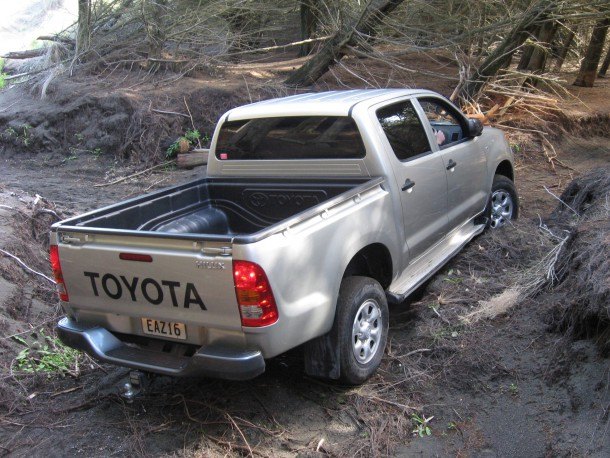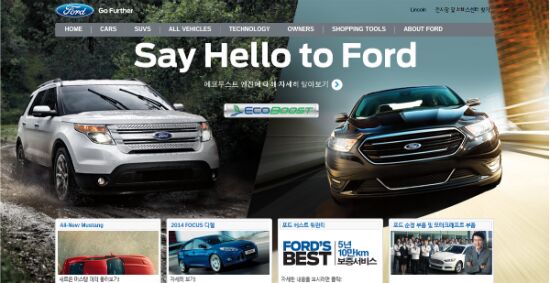#Trans-PacificPartnership
U.S. Seeking a Trade Deficit Reduction in Early NAFTA Talks and Not Much Else
Despite President Trump having initially framed his proposed NAFTA renegotiations as a hardline “America First” endeavor, the administration’s stance has soften significantly. In a recent summary of objectives, U.S. Trade Representative Robert Lighthizer highlighted fairness as the key issue throughout.
Absent were any mention of abandoning the deal if certain conditions were not met and the steep tariffs previously alluded to by the president. In fact, any mention of tariffs specifically targeted their reduction or elimination — for both imported and exported goods. There are, however, numerous examples that reaffirm the Trump administration’s earlier objectives and a handful of inclusions that should please domestic automakers.
Trans-Pacific Partnership Details Released
The full text of the Trans-Pacific Partnership (TPP) was released Thursday by pact member New Zealand. The trade agreement will set out trade rules for multiple industries — including automotive manufacturing and the import/export of those vehicles — for its member states.
TPP, an expansion of the Trans-Pacific Strategic Economic Partnership Agreement, includes members Australia, Brunei, Canada, Chile, Japan, Mexico, Malaysia, New Zealand, Peru, Singapore, United States of America and Vietnam.
New Zealand leaked the details on its Ministry of Foreign Affairs and Trade website.
Trans-Pacific Partnership Agreement Reached, Let's All Buy Subaru Sambars
Twelve countries, including the United States, reached an agreement Monday on an historic trade agreement that could economically tie together more than 400 million people in Asian Pacific and American countries. The pact would cover trade for wide ranging products, from rice to pharmaceutical drugs to cars.
The Trans-Pacific Partnership, which negotiators have been working on for eight years, would thaw trade relations among countries included in the regional zone, including Japan and the United States. For automakers in both countries, the tentative deal includes provisions for Japanese automakers to (eventually) bring light-duty trucks to the U.S. For American automakers, part of the proposed agreement included a side deal between America and Japan to allow access for U.S. automakers to traditionally closed Japanese markets.
The agreement faces an uphill battle to get congressional approval; House Republicans and presidential candidates already have roundly dismissed the deal.
Pacific Trade Deal Could Force Japan to Sell US Cars
A possible partnership deal between North American countries and Pacific countries may include provisions to penalize Asian governments for not opening up their markets enough for U.S. automakers, Bloomberg reported.
According to the report, negotiators are close to concluding talks regarding automobiles, which has been a contentious point during the talks. The CBC reported that talks in Atlanta were at a critical stage over pharmaceutical drugs, and any eventual deal may be delayed by an upcoming G20 meeting in Turkey.
Talks regarding automobiles have been focused on sourcing local content for each car. North American Free Trade Association rules mandate that cars made within the zone have 62.5 percent of its content sourced within the zone. Asian manufacturers have pressed for lower standards for sourced content in a bid for reduced manufacturing costs.
Union Leader Blasts Obama on Pacific Trade Talks
The head of the AFL-CIO in the United States is criticizing the current presidential administration for its pursuit of a trade zone in the Pacific that could open up Asian markets to America and vice versa, the Detroit News is reporting.
AFL-CIO President Richard Trumka wrote the administration a letter saying that a free-trade agreement with countries such as Japan jeopardizes American jobs because those countries may be able to source cheaper parts from outside the negotiated area, according to the report.
“I hope it is not the case that the Canadian and Mexican negotiators are actually holding a harder line than our own government on this issue. But due to the unaccountable lack of transparency from USTR, absolutely critical decisions are being made without our input or voice. Thousands of good American jobs and an iconic American industry are at risk, and we don’t even know what our government’s negotiating position is.”
Chicken Tax Ready For The Fryer, Hilux Et Al Not Ready For US Market
As key free trade agreements near signing, the chicken tax may soon become a bucket of Kentucky fried goodness. Just don’t hold your breath for a Hilux.
Trans-Pacific Partnership Fears Hover Over Detroit Three
The Detroit Three are among those expressing concern over the Trans-Pacific Partnership free-trade agreement, specifically what it would do to the industry.
US-Korea Free Trade Agreement Results Darken Trans-Pacific Partnership
Two years after the Obama administration heralded its free trade deal between the United States and South Korea, the latter’s market remains relatively closed to the former’s exports.

















Recent Comments